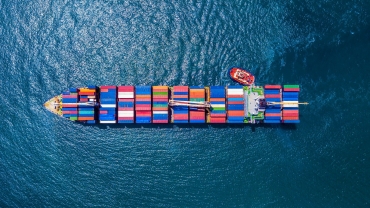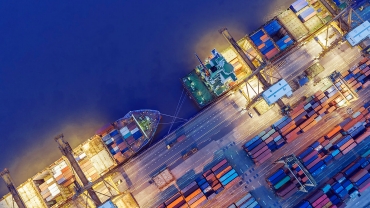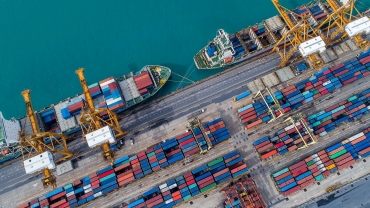
As we have seen in recent news like the Hamamatsu ruling in 2022, the topic of ‘customs value’ is a contentious issue in case law. With the expected introduction of a BCVI in a few years’ time, businesses will have the opportunity to obtain legal certainty regarding the customs value before planned imports, which will help to provide more clarity and transparency on this difficult issue.
Summary
On 21 December 2022, as part of its initiative ‘Decisions on Binding Valuation Information - Incorporation into EU Law and Simplification of Customs Formalities’, the European Commission proposed amendments to both the Union Customs Code Delegated Act (UCC-DA) and the Union Customs Code Implementing Act (UCC-IA). The amendments include:
- the introduction of binding customs valuation information, and
- the implementation of an online database for all binding customs information.
Up to now, EU customs law has provided for the issuance of binding tariff information (BTI) and binding origin information (BOI) in accordance with Article 33 of Regulation (EU) 952/2013 (UCC). Article 35 of the UCC provides for the possibility that the customs authorities may, upon request, also take decisions on binding information relating to factors other than the origin and the customs tariff. However, these are rare exceptional cases.
With the expected introduction of binding customs valuation information on 1 December 2025, the European Commission opens the way for the regular application of such a BCVI by economic operators.
How will it work?
In simplified terms, according to the draft legislation obtained so far, the process will be as follows:
- The binding information is requested by economic operators.
- The customs authorities take a decision on binding customs valuation information providing the appropriate method of customs valuation or criteria, and the application thereof, to be used for determining the customs value of goods under particular circumstances. The decision is returned by the customs authorities within seven days at the latest. If the decision is not as desired or is revoked, there is the possibility of an appeal to obtain legal clarification.
- At the moment of importation, the binding information issued must be indicated in the customs declaration, stating the corresponding reference number, which relates to the respective goods declared. For the application of a BCVI decision in the context of a particular customs procedure, the holder of the decision must be able to prove that the goods in question and the circumstances determining the customs value correspond in every respect to the circumstances described in the decision.
In order to ensure consistency among different types of binding information, the envisaged legal and operational framework for the BCVI decisions is modelled on relevant aspects of the existing BTI and BOI decisions (period of validity of three years throughout the EU, binding for both the holder of the decision and the customs authorities, possibility to suspend a decision due to incorrect information, etc.).
What are the benefits?
The introduction of binding customs value information would bring about a slew of benefits for businesses:
- It enables entrepreneurs to request binding information from the customs administration before the actual import. In this way, possible errors can be prevented in advance. This is particularly advantageous in the case of recurring imports, especially for all transactions between affiliated parties (intercompany transactions) which are subject to more rigorous control from the customs authorities.
- It is valid throughout the entire customs territory of the Union and must therefore be recognised by every Member State. This can also lead to faster customs clearance because the customs authorities will generally not doubt the customs value on the basis of binding customs value information.
Requesting binding information can be time-consuming and difficult. Your customs and VAT experts at PwC Switzerland are happy to support you in making your internal customs documentation more legally secure.







